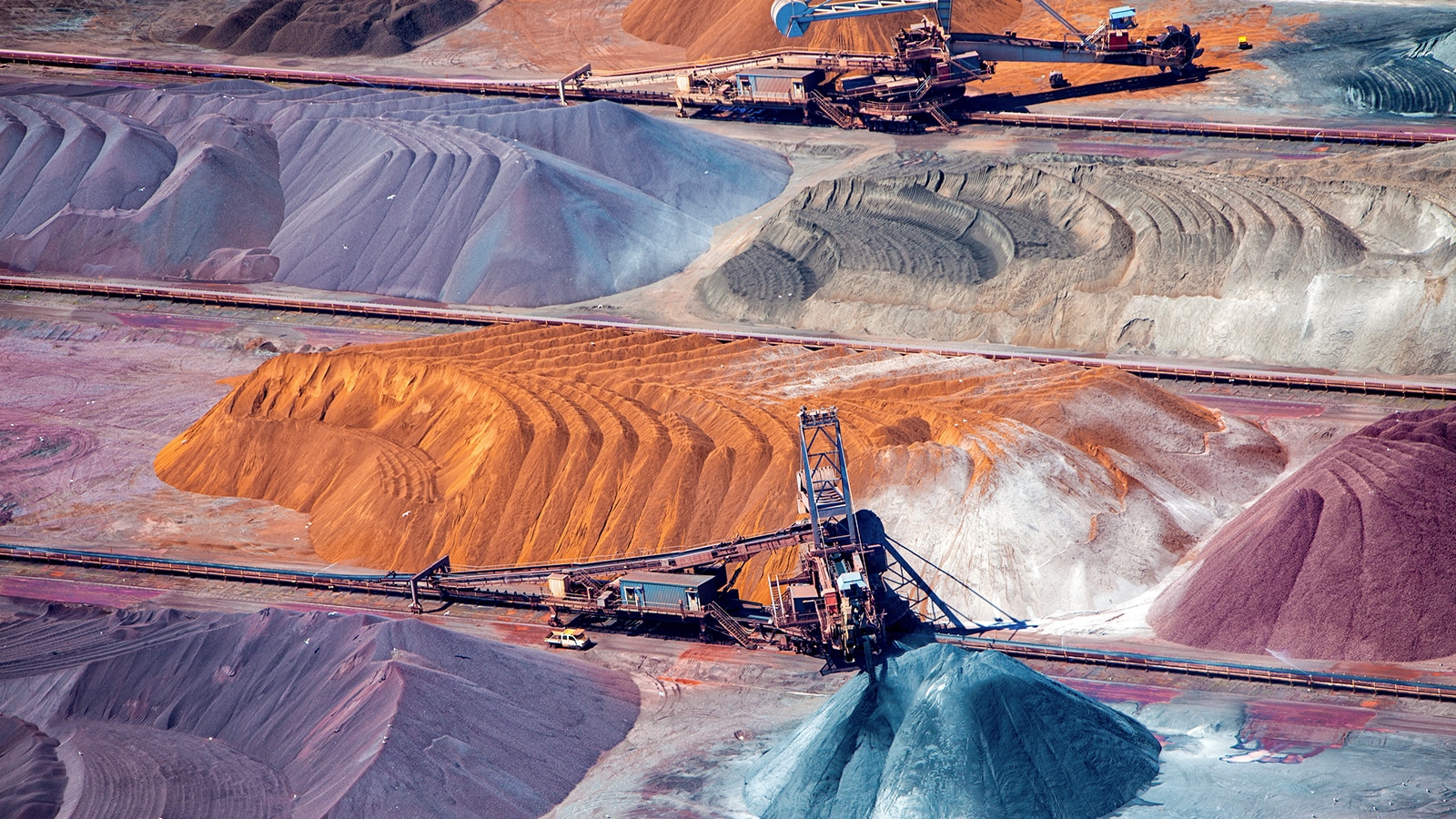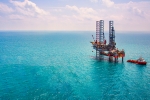The mining industry in Ghana has seen continued steady growth in strength over the past 4-5 years. The industry contributes significantly to government revenue year in year out.
Energy, utilities and resources in Ghana

Mining sector
Gold production contributed significantly to this growth in the industry. Ghana is Africa’s second largest gold producer after South Africa. The significant growth in this industry has witnessed an increase in foreign investors in Ghana. Currently there are a lot of players in the gold mining industry: AngloGold Ashanti, Newmont Ghana, Gold Fields Ghana, Chirano Goldmines and Golden Star, who continue to invest in the Ghanaian mining industry.
Nonetheless there are numerous other mining operators in Ghana such as Azumah Resources, PMI Mining, Perseus Mining Noble Mineral Resources and Adamus Resources, who have also ‘upped the ante’ in terms of developments and contributions in the industry. Azumah Resources announced in 2010 that it would be commencing a new drilling project in Wa in the North West of Ghana to increase its gold outputs.

The prominent increase in the mining industry has led to significant projects which aim at expanding the industry even further and generating more revenue for the government. The government in 2007 approved the development of a nuclear power sector, with a 400 megawatt (MW) nuclear power plant to be built by 2018. This would serve as a good power source for mining operations. Also the government also plans on building a gold refinery with output of 100 metric tons of gold per annum which also comes with its own benefits.
Due to the recent development in the industry, the government of Ghana introduced the New Minerals and Mining Act 703, 2006. The Act seeks to revise the old mining law to conform to the recent trends and development in the industry. One of the key changes made to the act was the introduction of a fixed royalty rate of 5% which overrides the earlier rate of a range of 3-6%.
However, the industry continues to face key challenges with the ever increasing galamsey operations (artisan mining) on company concessions which poses headaches for the affected mining companies. The galamsey operations pose individual health hazards for the operators as was evidenced in the landslide disaster at Dopoase in the Western Region in November 2010. Also the blackouts experienced earlier in 2011 in the country poses as an issue for mining operations in Ghana: but with the nuclear power plant underway, this problem should be curtailed.
Mining companies contribute a lot more to government revenue than taxes. A recent survey (Total Tax Contribution) conducted by PwC in 2010 indicated that for every USD 1 of corporate income tax contributed, there is another USD 1.50 contributed in other amounts.
Energy sector
Ghana’s energy sector can be classified into two main categories, petroleum and power. These categories contribute significantly to the economy.
Contact us

Ayesha Bedwei Ibe
Partner | Global Tax and Legal Services People Leader, WMA Tax Leader, PwC Ghana
Tel: +233 (0) 30 276 1500














